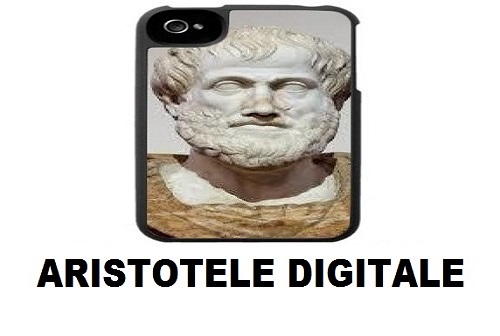Today I would like to consider a figure that has been the basis of every discourse on morality and ethics developed by western culture: the metaphor of the ship and its helmsman. The helmsman is the one who commands the ship. How does modernity view the problem of the helmsman, a metaphor for all power? Modernity affirms that he is who knows things and therefore can anticipate the future: he knows because he foresees, he foresees because he knows. This would be the great skill of the one who commands. We thus think of a link between experience / knowledge / pre-vision. But for the Greeks this was not the main meaning. The helmsman’s skill lay in his ability to respond to what is not foreseeable.
There is a considerable difference between knowing how to predict and knowing how to open up to the unexpected. In the first case what counts is the data, in the second the possible; in the first case everything is determinable, in the second it is wonderful; in the first, the event must and can be captured; in the second the event is such because it is free; in the former, the possible is hyperdetermined; in the second indeterminate; in the first case order gives meaning to chaos; in the second order it is one of the possible variables of chaos. In the first case life is “available”, in the second life is life; in the first the commander is a domain; in the second it is at service. The service of the helmsman governing the metaphoric ship.
Digital is an open sea, a knowledge open to the unexpected and its commander is in and for the Possible.








